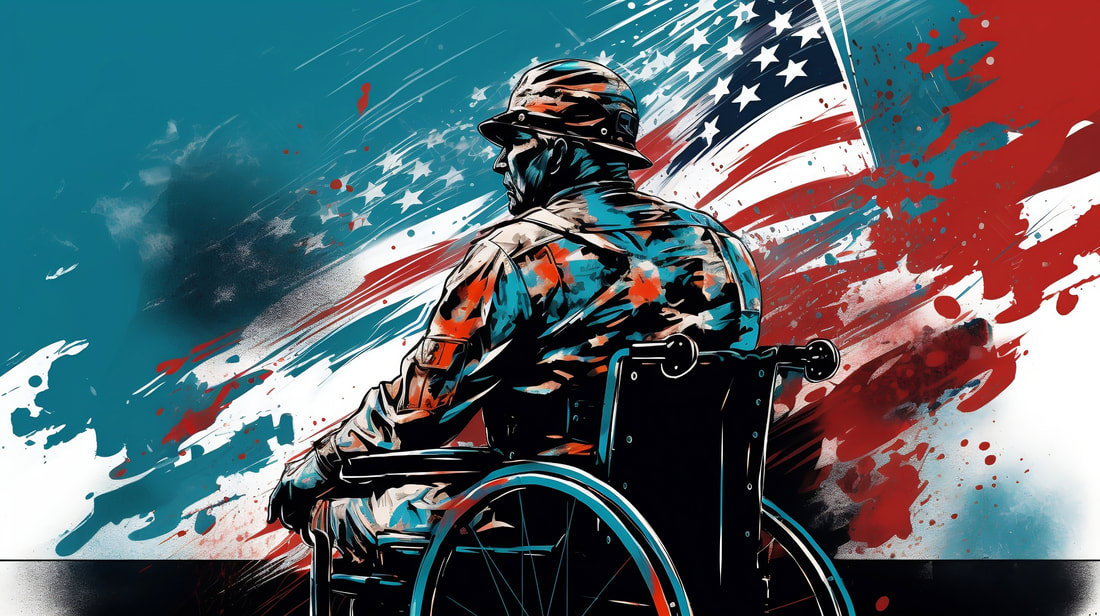|
The complaint alleges that the regulators overstepped by issuing the first New York retail cannabis licenses exclusively through the CAURD program, which they say has no basis in law. A New York state judge on Monday temporarily barred cannabis regulators from awarding retail licenses and ordered them to appear in court at the end of the week to defend their policy. The temporary restraining order comes in response to a lawsuit filed Wednesday in Albany state court by four service-disabled veterans, alleging the Office of Cannabis Management and the Cannabis Control Board violated separation-of-powers doctrine when they developed the conditional adult-use dispensary retail dispensary, or CAURD, program. The order specifically enjoins regulators "from awarding or further processing any more conditional adult-use retail dispensary ... licenses and/or conferring operational approval upon any more provisional or existing CAURD licensees." The court ordered a hearing on Friday on the veterans' request for a preliminary injunction, which would keep the block in place until this litigation and another lawsuit challenging the CAURD program are resolved. In a letter arguing against a temporary restraining order, an attorney for the state parties told the court last Friday that regulators did not anticipate awarding any licenses until the next CCB meeting in September but would likely spend time "processing" the applications, such as by contacting applicants and reviewing results from background checks. "Defendants respectfully submit that such processing activity, absent any approval of licenses, causes no harm to plaintiffs and has no impact on the court's consideration of the pending application for temporary relief," an attorney for the regulators said. The regulators said they would not agree to cease all activities related to getting provisionally approved licensees up and running, noting the process of opening cannabis stores is expensive and onerous, involving multiple stakeholders. "Asking for a stop to all this activity is not asking for the status quo to be maintained, but rather is asking for affirmative mandatory action that will harm current licensees, and which should be issued only in extraordinary circumstances, which plaintiffs have not established here," the regulators argued. In their complaint, the veterans argued that the Marihuana Regulation and Taxation Act MRTA, the 2021 law that legalized cannabis in the Empire State, mandated the creation of a legal cannabis marketplace, but that regulators instead implemented a licensure program that exclusively privileged "justice-involved individuals" over other special interest groups. "Rather than perform the tasks required by the MRTA, CCB and OCM have improperly assumed the role of the Legislature to impose their own social and economic policies over those of New York's elected officials and, by extension, their constituents," the complaint said. The complaint notes the MRTA set a statutory requirement that 50% of all retail licenses go to "economic equity" applicants, a group that included businesses owned by women, minorities and service-disabled veterans. The veterans argue cannabis regulators ignored that provision in favor of establishing the CAURD program with a narrower set of qualifications: CAURD applicants must either have a cannabis-related conviction or a relative with such a conviction, and also have experience running a business. The veterans' complaint is the latest lawsuit to accuse New York's cannabis regulators of botching the rollout of regulated adult-use marijuana by focusing exclusively on licensing "justice-involved" individuals. A coalition of medical cannabis operators and would-be adult-use retailers filed a lawsuit in New York state court in March, similarly alleging that when the OCM designed the CAURD program, it went beyond the scope of its remit in violation of the separation of powers doctrine. The coalition's complaint alleges the regulators overstepped by issuing the first New York retail cannabis licenses exclusively through the CAURD program, which they say has no basis in law. This is at least the second time a court has issued an order enjoining a piece of the CAURD program. A New York federal judge in November blocked cannabis regulators from issuing retail licenses for five geographic regions across the state, after a would-be applicant from Michigan said the process was discriminatory. A federal appeals court later reduced the scope of that injunction to just one region, and the order was ultimately rescinded when regulators settled the lawsuit in May. Regulators have come under increased pressure to get licensed stores up and running in the Empire State, which has seen the explosion of hundreds of unlicensed cannabis sellers in the two years since marijuana was legalized for personal use and possession. By contrast, fewer than two dozen licensed cannabis retailers have opened across the state. A spokesperson for the veterans declined to comment on Monday. The New York Office of Cannabis Management did not immediately respond to a request for comment. The veterans are represented by Christopher J. Clark, Patrick J. Smith, Brian T. Burns and Selbie L. Jason of Clark Smith Villazor LLP. The state parties are represented by Shannan C. Krasnokutski of the New York Attorney General's Office. The case is Carmine Fiore et al. v. New York State Cannabis Control Board et al., case number 907282-23, in the Supreme Court of the State of New York, County of Albany.
0 Comments
Leave a Reply. |
HISTORY
April 2024
Categories |
© Walk 4 Change. All rights reserved.


 RSS Feed
RSS Feed